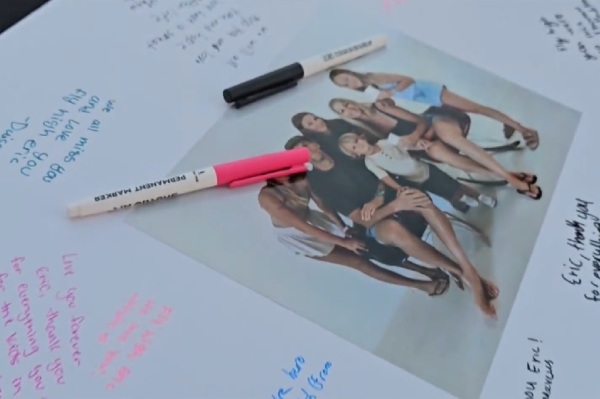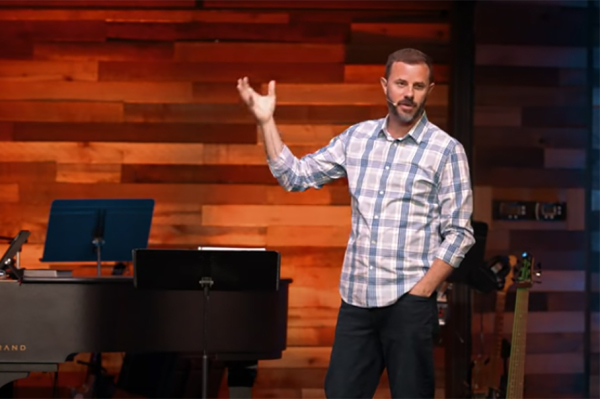Bristol Palin: Abstinence Is Realistic
Bristol Palin, 19, is back in the media spotlight as she helps promote the National Day to Prevent Teen Pregnancy on Wednesday.
In an interview with ABC's "Good Morning America," Palin, who was appointed teen ambassador by Candie's Foundation for the awareness day, said she wants to send out the message that abstinence is the best and only way to prevent pregnancy.
Mother of four-month old son Tripp, Palin also said she believes abstinence is realistic, clarifying earlier media reports that she says quoted her out of context.
"I do think it's realistic," she told ABC News' Christopher Cuomo. "It's definitely the harder choice but it's the safest choice and it's the best choice."
Earlier this year, Palin had stirred a media storm over her comments to Fox News that abstinence "is not realistic at all." But the teen mother had gone on to explain in the interview that it is not realistic because premarital sex has become more acceptable among teens.
Palin, daughter of Alaska Gov. Sarah Palin, acknowledges that abstinence may not be the popular choice among today's teens, but she still wants to help them make the right choice and help prevent a lot of heartache.
"There's one way to prevent it (pregnancy) and that's not having sex," she said on ABC.
Shortly after the morning interview, Tripp's father, Levi Johnston, went on CBS' "The Early Show" responding to Palin's effort.
He said Palin is sending out a great message but doesn't believe it's effective.
"I don't think telling young kids 'you can't have sex' ... is going to work. It's not realistic," Johnston, who is no longer with Palin, said on CBS.
Still, according to the latest statistics featured by the National Campaign to Prevent Teen Pregnancy, 6 in 10 teens who have had sex say they wish they waited.
Also, half of all pregnancies in the United States, or about 3 million, are unplanned.
Teens nationwide are participating in the eighth annual National Day to Prevent Teen Pregnancy through local events.
"The purpose of the National Day is straightforward," the campaign website states. "Too many teens still think 'It can't happen to me.' The National Day helps teens understand that it can happen to them and that they need to think seriously about what they would do in the moment."
The percentage of high school students who have had sex decreased from 54.1 percent in 1991 to 47.8 percent in 2007, according to the the Centers for Disease Control and Prevention. The pregnancy rate has also decreased to 72 pregnancies per 1,000 females ages 15-19 in 2004. However, the teen birth rate between 2005 and 2006 increased 3 percent and the United States still has the highest rates of teen pregnancy and birth compared to many other countries, including the United Kingdom, Canada and Sweden.





















